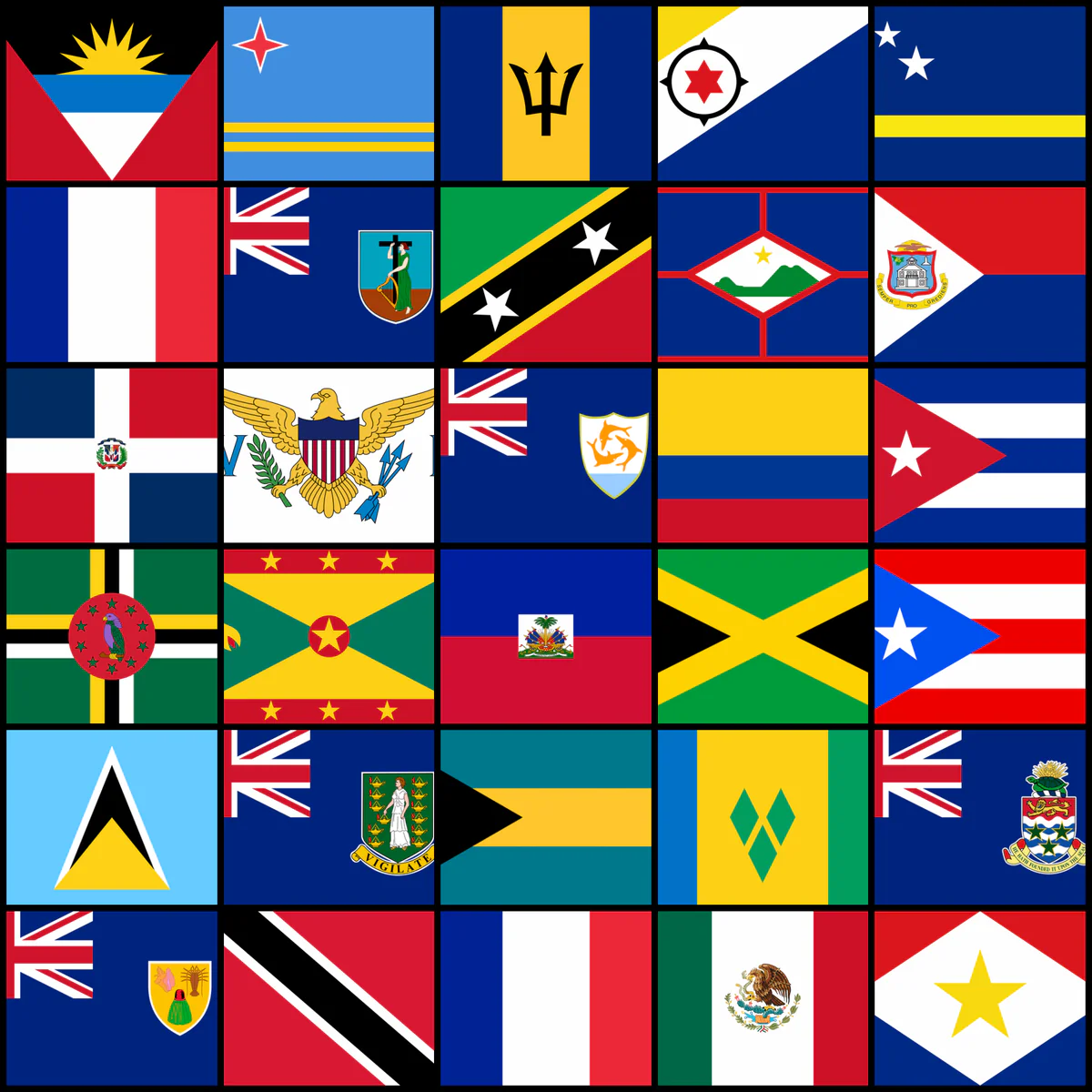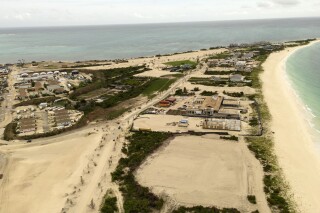ST. AUGUSTINE, Trinidad and Tobago — The Caribbean, a mosaic of over 30 nations and territories, is often celebrated for its pulsating carnivals, fusion cuisine, and artistic innovation. Yet beneath this vibrant exterior lies a complex reckoning with identity and social justice, shaped by centuries of colonization, slavery, and indentured labor—and amplified by contemporary crises.
The Paradox of Caribbean Identity
The Caribbean’s identity is rooted in contradiction. Indigenous Taíno and Kalinago populations were decimated by European colonizers, replaced by enslaved Africans and later indentured workers from India, China, and the Middle East. This collision of cultures forged a uniquely hybrid society, where traditions blend yet inequalities persist.
“Creolization isn’t just cultural mixing—it’s an act of survival,” says Dr. Gabrielle Hosein, a scholar of Caribbean feminism at the University of the West Indies. “Our identity is a tapestry woven from resistance and adaptation.”
Today, debates over national belonging simmer. In Trinidad and Guyana, tensions occasionally flare between Afro- and Indo-Caribbean communities, a remnant of colonial “divide-and-rule” tactics. Meanwhile, younger generations increasingly embrace pan-Caribbean solidarity, fueled by shared histories and creative movements like Afrobeat-reggae collaborations.
Social Justice in the Shadow of History
Economic Inequality
Despite pockets of wealth, nearly 60% of Jamaicans and 35% of Vincentians live below national poverty lines. The tourism-dependent economies of islands like Barbados and Antigua collapsed during the COVID-19 pandemic, exposing vulnerabilities. “The pandemic didn’t create inequality—it magnified it,” says economist Marla Dukharan.
Climate Justice
The Caribbean contributes less than 1% of global emissions but faces existential threats from hurricanes and sea-level rise. Barbados Prime Minister Mia Mottley has emerged as a global advocate for climate financing, arguing that reparatory justice must include debt relief for climate-vulnerable nations. “1.5°C is a death sentence for small islands,” she declared at COP27.
Gender and LGBTQ+ Rights
Gender-based violence affects one in three Caribbean women, per UN Women. Grassroots groups, such as Grenada’s “Leave Out Violence” initiative, demand policy reforms and societal shifts. LGBTQ+ communities also face stark challenges: same-sex intimacy remains criminalized in at least seven Caribbean countries, though activists like Jamaica’s Jaevion Nelson note incremental progress.
Governance and Corruption
Haiti’s descent into gang violence and political chaos underscores the fallout from foreign intervention and elite corruption. Meanwhile, Trinidad’s recent transparency reforms and Guyana’s oil wealth management debates highlight divergent paths toward accountability.
The Road Ahead: Solidarity and Resistance
Caribbean thinkers argue that social justice cannot be divorced from identity. “Our liberation lies in confronting colonialism’s legacy—not just in museums, but in tax policies and climate treaties,” says St. Lucian poet Kendel Hippolyte.
Grassroots movements are reclaiming narratives. The Rastafari community’s advocacy for reparations, for instance, has gained traction regionally. Diaspora communities also play a pivotal role, with Caribbean-Americans lobbying for U.S. climate aid and investment.
Still, challenges loom. As global powers vie for influence in the region, Caribbean leaders walk a tightrope between asserting sovereignty and securing survival.
“We are more than sun and sand,” says Bahamian artist Angelique V. Nixon. “Our future depends on whether the world sees our full humanity—and whether we keep demanding it.”
Core Tags:



